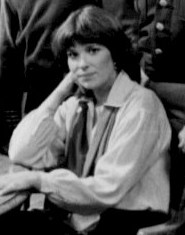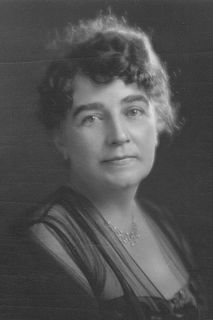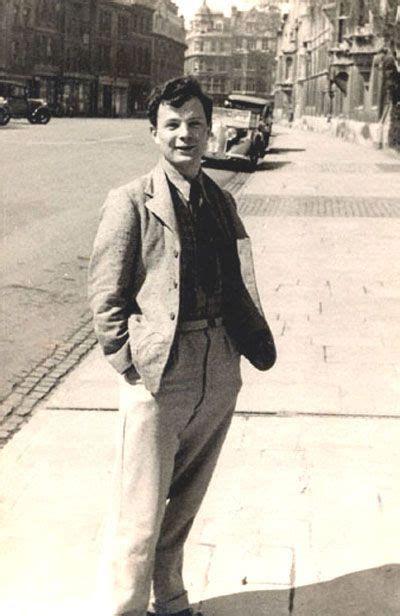A Quote by Patrick O'Brian
Stephen had spared no expense in making himself more unhappy, his own position as a rejected lover clearer.
Related Quotes
This was Barrington Erle, a politician of long standing, who was still looked upon by many as a young man, because he had always been known as a young man, and because he had never done anything to compromise his position in that respect. He had not married, or settled himself down in a house of his own, or become subject to the gout, or given up being careful about the fitting of his clothes.
He who is himself crossed in love is able from time to time to master his passion, for he is not the creature but the creator of his own misery; and if a lover is unable to control his passion, he at least knows that he is himself to blame for his sufferings. But he who is loved without reciprocating that love is lost beyond redemption, for it is not in his power to set a limit to that other's passion, to keep it within bounds, and the strongest will is reduced to impotence in the face of another's desire.
Man is the only Patriot. He sets himself apart in his own country, under his own flag, and sneers at the other nations, and keeps multitudinous uniformed assassins on hand at heavy expense to grab slices of other people's countries, and keep them from grabbing slices of his. And in the intervals between campaigns he washes the blood off his hands and works for the universal brotherhood of man - with his mouth.
The fact that labour is external to the worker, i.e., it does not belong to his intrinsic nature; that in his work, therefore he does not affirm himself but denies himself, does not feel content but unhappy, does not develop freely his physical and mental energy but mortifies his body and his mind. The worker therefore only feels himself outside his work, and in his work feels outside himself.
We are now in a position to understand the anti-Semite. He is a man who is afraid. Not of the Jews, to be sure, but of himself, of his own consciousness, of his liberty, of his instincts, of his responsibilities, of solitariness, of change, of society, and of the world of everything except the Jews.







































